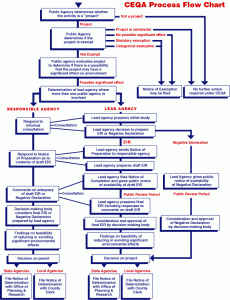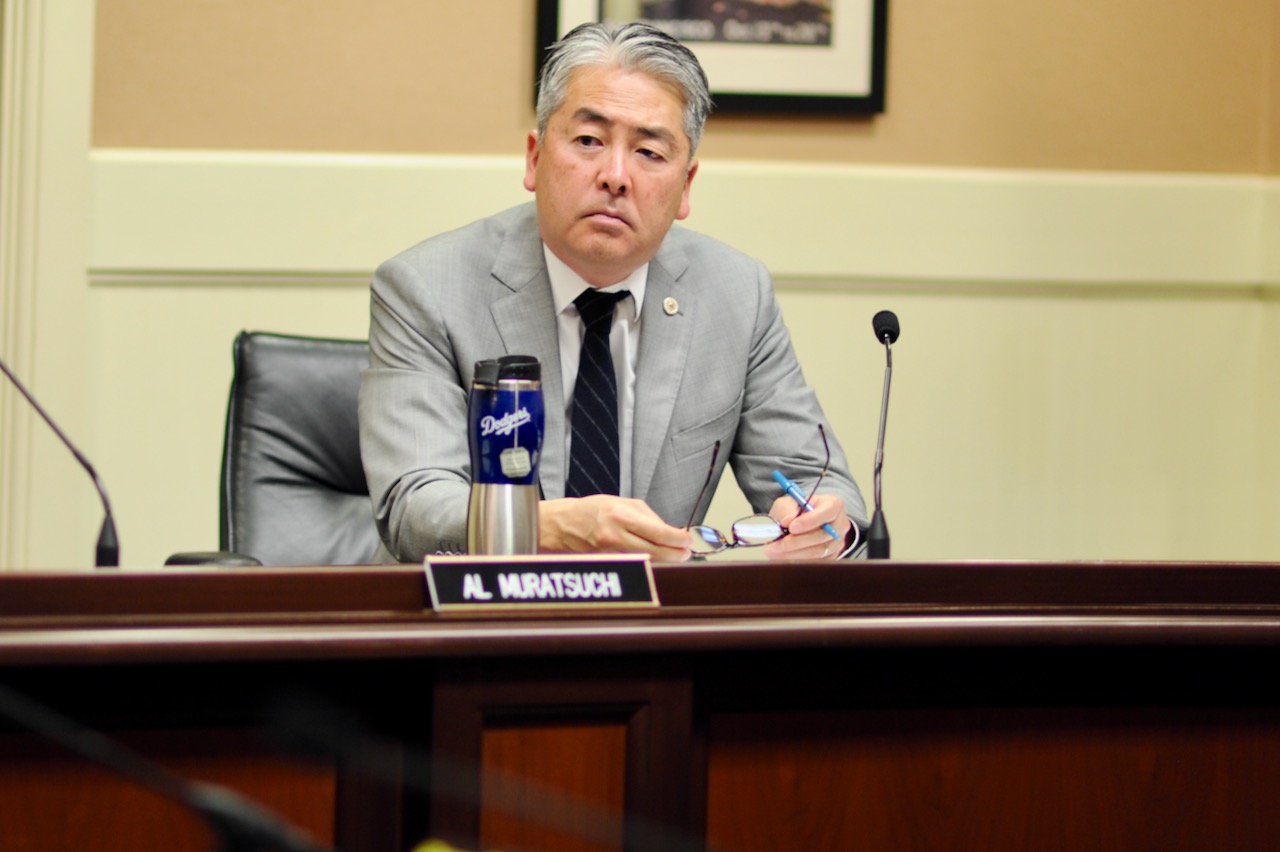
Del Norte Coast Redwoods
Dems Squabble on Bill to Expedite California Environmental Review on Development Projects
The bill would expedite CEQA litigation, when used to delay or slay a project
By Katy Grimes, May 25, 2019 9:42 am
A bill by Sen. Anna Caballero (D-Salinas) to expedite California Environmental Quality Act provisions and judicial reviews on many types of developments, exposed a divide in the State Senate Thursday.
The idea behind SB 25 is to expedite CEQA litigation, when used to delay or slay a project. “SB 25 is a modest attempt to join forces with a federal tax credit designed to funnel an estimated $6 trillion from capital gains earnings into America’s poorest neighborhoods to create jobs and housing,” Caballero said. “SB 25 creates an incentive for green, sustainable development for critical housing statewide, and for economic development in the 879 Opportunity Zones, which includes California’s poorest census tracts.”

“If the Legislature can deliver CEQA litigation streamlining for billionaire sports team owners, then we can do it for all Californians,” Caballero said in bill analysis. “Many of the recently enacted sports stadium legislation language stems from SB 743 (Steinberg, Chapter 386, Statutes of 2013), which laid out special procedures for expedited judicial and administrative review of an EIR for the Sacramento Kings arena. SB 25 goes further, also applying the expedited judicial review procedures to challenges to NDs and MNDs and to a determination that the project is exempt from CEQA.”

“Designed to protect the environment, CEQA instead has become a bureaucratic monstrosity and NIMBY tool that greatly increases the time and cost of building housing of any kind,” Sen. John Moorlach (R-Costa Mesa) wrote in 2018. “When the will is there, CEQA has been magically modified to expedite construction for sports stadiums and arenas, including exemption bills this fall for the Oakland A’s and Los Angeles Clippers. I did not vote for those bills because I oppose CEQA favoritism.”
“What’s good for millionaire players and billionaire owners should be good for the middle class and the homeless.”
California = Miami Beach
Yet Sen. Hannah Beth Jackson (D-Santa Barbara), who voted against SB 25 warned, “If we’re prepared for the state of California to be turned into Miami Beach, support this bill.”
“Other problems we have established through the courts become secondary,” Jackson said, excoriating the bill. “Medical malpractice, elder abuse, restraining orders and domestic violence orders are all going to get pushed back. Opportunity Zones could be anything – not just a limited housing tract.”
“We are going to ignore or circumvent environmental concerns; to eviscerate CEQA is not the way to go,” Jackson added.
Warnings Rebuked
Sen. Scott Wiener (D-San Francisco), effectively rebuked Jackson’s denunciation of SB 25: “This does not eviscerate CEQA. This is about areas zoned X, Y, or Z, and having expedited review. It’s important not to overstate what the bill does.”
Wiener said he would not support the bill if it eviscerated SB 25.
Sen. Jackson, an attorney, frequently authors legislation for the trial lawyers. Sen. Wiener is also an attorney, as is Sen. Caballero, the author of SB 25.

Conversely, environmental review in Texas takes months, not years, as the chart on the right shows.
CEQA Reform
If CEQA is ever to be reformed, attorney’s fees in CEQA lawsuits need to be limited or eliminated, as legal challenges have become a cottage industry, says Andy Caldwell, executive Director of COLAB in San Luis County, next door to Santa Barbara. “CEQA must be amended to balance its provisions with economic considerations. Economic vitality and job creation must be considered and appropriately valued in the CEQA process and should be considered an overriding consideration in approving projects.”
“Additionally, we also need to set a limit as to what constitutes a resource and what constitutes a significant impact to a resource,” Caldwell wrote. “Currently, there is no limit on what can be construed as a resource to be protected, nor is there any limit as to what can be considered an impact to the same. Any “impact” to any “resource,” no matter how trivial, can be deemed significant.”
Caldwell continues: “For example, some years ago, the tag team of CEQA and the Endangered Species Act (ESA) stalled a hospital project out of concern for eight flies! We now actually have a fly preserve as a result! CEQA doesn’t always need the help of the ESA, it can kill common sense single handily. How about the fungus growing on rocks in a field in Santa Barbara that warranted a lichen restoration program! Flies and fungus! These are resources worthy of stalling projects?”
SB 25 passed the Senate 28-6, with four Democrat Senators abstaining.

- Energy Company Warns CARB on ‘The Stark Reality’ Driving In-State Refining Capacity to Zero of CA’s Remaining 7 Refineries - February 28, 2026
- CAL DOGE Investigation: $1 BILLION California Solar Program Instead Funded Democrat Voter Registration & Activism Efforts - February 27, 2026
- Could President Trump End the Income Tax? - February 26, 2026





One thought on “Dems Squabble on Bill to Expedite California Environmental Review on Development Projects”